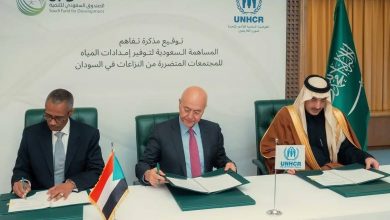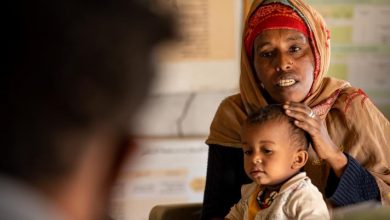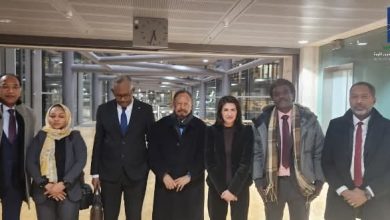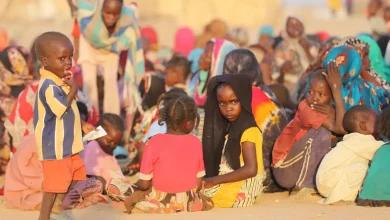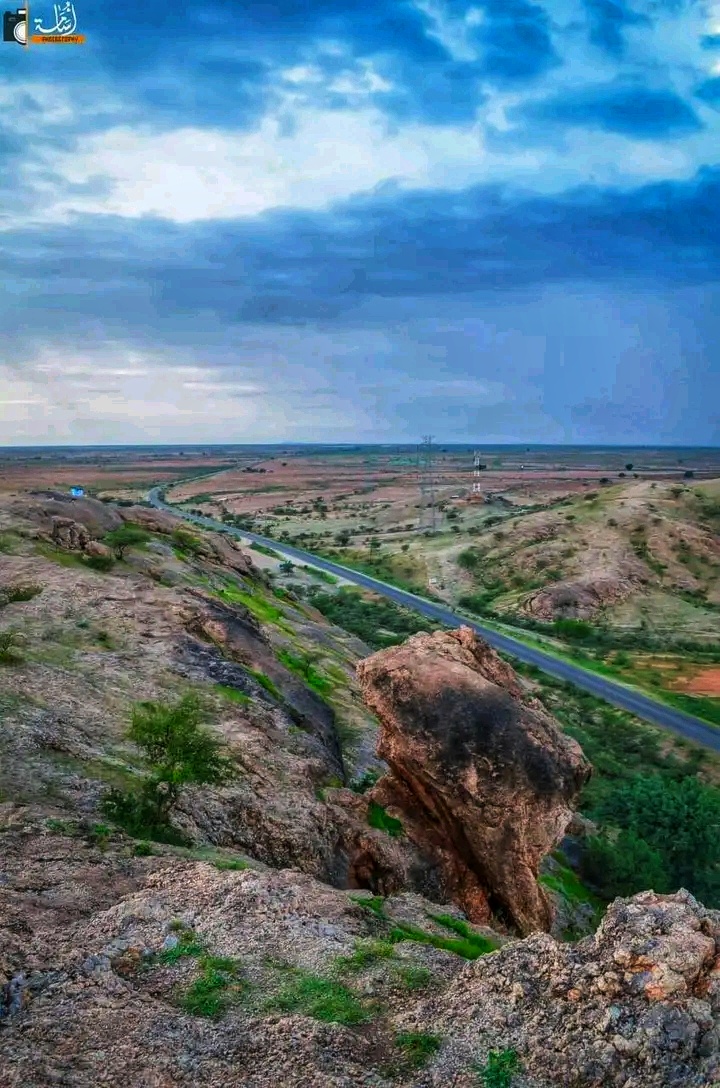
The city of Al-Obeid, the capital of North Kordofan in western Sudan, is experiencing a new wave of displacement due to renewed artillery and drone strikes by the Rapid Support Forces (RSF). The intense bombardment over the past several days has led to dozens of civilian casualties, with shells hitting residential and commercial buildings, sparking fear and panic among the population as neighborhoods are directly targeted.
Several humanitarian and health organizations have condemned the shelling as a crime against humanity and called for an immediate end to the targeting of civilians and the protection of residential areas.
This wave of displacement is considered among the most difficult, given the deteriorating security on the roads leading from Al-Obeid to surrounding towns and villages. Displaced residents face grim options—either heading west or fleeing north or east—amid growing pleas for urgent intervention, especially for families trapped under siege.
Dire Conditions
The military escalation has worsened the plight of Al-Obeid’s residents and the thousands of internally displaced people (IDPs) who had sought refuge there after fleeing war in Khartoum and Darfur. The city now hosts more than 125 IDP shelters, accommodating approximately 3,709 families and 26,717 individuals, where humanitarian and economic conditions are rapidly deteriorating.
The attacks resumed after the army lifted a nearly two-year-long RSF siege on the city on February 23.
Adam Khalil, a displaced man who fled from Omdurman to Al-Obeid, recounted:
“Since the war erupted in Khartoum, I moved with my family to Al-Obeid and settled in one of the camps that now host thousands of displaced families from conflict zones. The situation in the camp has worsened significantly due to the intensifying military operations, pushing us to the brink of death from a lack of food, clean water, and healthcare.”
He added, “During Ramadan, things became even more difficult due to the absence of humanitarian aid and the cessation of charitable initiatives that previously supported many of the shelters. The city is also experiencing severe shortages in basic goods and skyrocketing prices.”
Khalil continued, “After we ran out of money, I was forced to sell children’s clothes as a street vendor. Unfortunately, the income is very low and barely covers a single meal. This is the case for most of the displaced. Many women have started working as domestic helpers or tea vendors in small markets just to feed their children, who now face the risk of malnutrition.”
“The situation continues to deteriorate daily,” he said, “and with the ongoing fighting, anxiety and despair are growing. Many are now considering seeking refuge elsewhere, despite the risks they may face while fleeing.”
He pointed out that most displacement camps in Al-Obeid are located in western neighborhoods currently under indiscriminate RSF shelling. This has forced people to flee to slightly safer areas—often without shelter—only worsening their suffering, especially since they have no alternatives.
Continuous Targeting
Community activist Nadine Mustafa explained that the war’s expansion into multiple states has made Al-Obeid one of the most affected cities due to its strategic location as a crossroads. It connects various Sudanese states through the main export highway and is also a direct route to the Darfur region. The city is home to the world’s largest gum arabic market and another for agricultural and livestock products.
Mustafa noted: “People had hoped for stability after the Sudanese army broke the siege, but the continuous RSF attacks, the sound of explosions, and smoke filling the sky have turned life into a nightmare. The shelling has killed entire families in their homes. The attacks often happen unpredictably, spreading fear across the city.”
She emphasized that the situation has become catastrophic due to major issues like the lack of cash, unstable electricity, a collapsing healthcare system, severe drug shortages, and a lack of medical staff in public hospitals. “All these crises have left citizens unable to cope,” she said, “and forced them into risky displacement journeys lasting days or even weeks as they try to avoid main roads.”
Food Shortages
Abdelkarim Al-Siddiq, a member of the IDP coordination committee in Kordofan, said:
“The military escalation has greatly worsened conditions for both the city’s residents and the displaced living in camps. They are suffering from severe food shortages, rising prices, and lack of cash, forcing some to beg to feed themselves—especially women, children, and the elderly.”
He added, “Most displaced people perform small, low-paying jobs that barely meet their needs. But now, with increased violence, even moving around the city is dangerous. Their livelihoods have stopped, worsening their condition, especially as the camps themselves are under fire, leaving them with no choice but to flee again into more suffering.”
He explained that the siege on the city, which lasted until November 2024, had closed all entry points and blocked aid convoys. After the siege was broken, Al-Obeid received shipments of food, medicine, clothing, and plastic sheeting, and trade in the markets temporarily revived. However, the daily shelling has brought the economy back to a standstill. “It’s almost impossible for peace to return,” he said, “as both warring sides are committed to continuing the fight.”
Lifting the Siege
The Sudanese army has controlled Al-Obeid since the outbreak of war with the RSF in mid-April 2023. The RSF had previously imposed a complete siege on the city, which was broken when the army launched Operation Al-Sayyad and reopened the national road linking Al-Obeid to Um Rawaba and Kosti in White Nile State.
Since then, RSF forces have continued targeting the city with artillery and drones, causing civilian casualties and damage to public property—without hitting any military targets.
Al-Obeid is home to the Sudanese Army’s 5th Infantry Division, known as the Haggana. It holds a strategically vital position, both commercially and militarily, due to its central geographic location and road connections to Greater Kordofan, White Nile, and North Darfur states.

